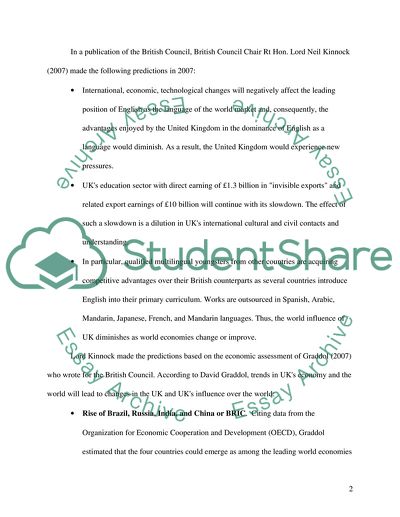Cite this document
(How Important is the UK Economy in Shaping British Society Literature review, n.d.)
How Important is the UK Economy in Shaping British Society Literature review. Retrieved from https://studentshare.org/social-science/1731722-how-important-is-the-uk-economy-in-shaping-british-society
How Important is the UK Economy in Shaping British Society Literature review. Retrieved from https://studentshare.org/social-science/1731722-how-important-is-the-uk-economy-in-shaping-british-society
(How Important Is the UK Economy in Shaping British Society Literature Review)
How Important Is the UK Economy in Shaping British Society Literature Review. https://studentshare.org/social-science/1731722-how-important-is-the-uk-economy-in-shaping-british-society.
How Important Is the UK Economy in Shaping British Society Literature Review. https://studentshare.org/social-science/1731722-how-important-is-the-uk-economy-in-shaping-british-society.
“How Important Is the UK Economy in Shaping British Society Literature Review”, n.d. https://studentshare.org/social-science/1731722-how-important-is-the-uk-economy-in-shaping-british-society.


